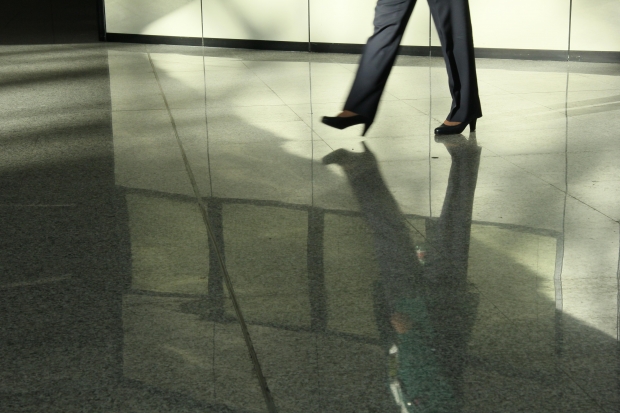One of the cornerstones of Massachusetts workers’ compensation law is that in order to be compensable, an injury or condition must arise out of and in the course of one’s employment.

That means there must be some causal link between one’s work and injuries.
Courts have generally held that idiopathic injuries should not be considered compensable. However, there is often dispute about what exactly it means for an injury to be “idiopathic,” and courts have struggled to reach a consensus about the exact test that should be applied. Some states consider any unexplainable injury to be idiopathic. Others, however, make the distinction that idiopathic doesn’t necessarily mean “unexplainable,” but rather an injury brought on by a purely personal condition.
However, even when a personal condition makes an employee more susceptible to a work-related injury, a successful claim may still be filed. For example, if a company hires an employee with a weak back and that person’s back is injured at work, the company will more than likely have to pay that claim. Meanwhile, a person who suffers a non-work-related heart attack while at work is not likely to receive compensation for that.
Our Boston workers’ compensation understand the nuances of these cases, and are prepared to fight for our client’s best interests.
The recent case of Barnes v. Charter 1 Realty, before the South Carolina Supreme Court, reveals how the courts approach these kinds of cases.
Here, petitioner was an administrative assistant for a realty company. On the day she was injured, she was hurrying from her office to that of a co-worker’s to check an e-mail. However, as she was walking, she tripped and fell. As a result, she suffered a broken arm, a broken leg and an injured shoulder.
She filed a workers’ compensation claim and testified the fact she was trying to quickly reach her co-worker’s office, and this caused her to fall. Evidence was introduced regarding the type of shoes she was wearing. Additionally, the lower court admitted prior statements made claimant’s husband, who was concerned about her high heels and the fact that she seemed to shuffle when she walked.
A single commissioner denied the claim on the grounds there was no indication some hazard or deficiency relating to her job or the carpet caused her to fall. The appellate panel affirmed, but the state supreme court reversed.
The high court noted firstly, workers’ compensation law is to be liberally construed in favor of the worker. Idiopathic injuries are considered one exception, and state law in South Carolina defines an idiopathic fall as one brought on by a personal condition unrelated to employment, such as a heart attack. Absent evidence the workplace contributed to the severity of such an incident, those injuries are usually not compensable.
However, a fall that is unexplained is not to be considered idiopathic by default, the court ruled. In this case, the lower courts had deemed the fall idiopathic simply because they couldn’t point to any cause of the fall. But unexplained is not synonymous with idiopathic, the court ruled.
There was no indication claimant’s leg gave out, that she had a seizure, a heart attack or some other internal breakdown. The fact the carpet or hallway were not defective, the court ruled, was irrelevant. Whether she fell because she was hurrying or just tripped over her own feet, neither is a form of internal weakness that would indicate the injury was idiopathic. Thus, it was deemed compensable.
If you or someone you love has been injured a Boston work accident, call for a free and confidential appointment at (617) 777-7777.
Additional Resources:
Barnes v. Charter 1 Realty, Jan. 14, 2015, South Carolina Supreme Court
More Blog Entries:
City of Danville v. Tate: Workers’ Compensation Double Recovery, Jan. 25, 2015, Boston Workers’ Compensation Lawyer Blog
 Massachusetts Workers Compensation Lawyers Blog
Massachusetts Workers Compensation Lawyers Blog

